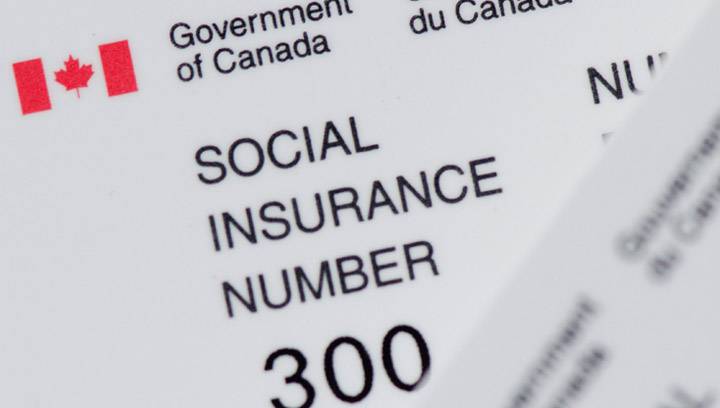A new passive investment tax regime for Canadian Controlled Private Corporations (CCPCs) is proposed to apply to taxation years commencing after 2018. Passive income may include interest, rental, royalties, dividends from portfolio investments and taxable capital gains.
Two significant changes are proposed. First, a limit to the small business deduction for CCPCs generating significant income from passive assets, and second, a new regime to stream the recovery of refundable tax to the payment of specific types of dividends (eligible versus non-eligible).
Access to the Small Business Deduction (SBD)
The first prong of the proposals will reduce access to the SBD for CCPCs having more than $50,000 of passive income. CCPCs with passive income in excess of the threshold will incrementally lose access to their SBD, until $150,000 of passive income is reached, at which point the entire SBD will be lost. The prior year’s passive income will determine the current year’s SBD limit.
For purposes of these new rules, capital gains on certain types of property will be excluded from being considered passive income. These are as follows:
- Capital gains realized on the disposition of property used principally in an active business carried on in Canada. The active business could be carried on by the owner of the asset, or by a related party. Examples include gains on the sale of the goodwill of an active business, and gains on the real estate from which the active business operates.
- Capital gains realized on shares of another CCPC all or substantially all of whose assets are used in an active business carried on in Canada, provided the seller has a significant interest (generally over 10%) in that corporation.
- Similarly, capital gains realized on an interest in a partnership all or substantially all of whose assets are used in an active business carried on in Canada will generally be excluded where the seller has a significant interest (generally over 10%) in the partnership.
Capital losses realized in a different taxation year that are applied to offset capital gains realized in the current year will not reduce passive income for these new rules.
Consistent with the existing SBD rules, the sum of passive income of all associated corporations will determine the reduced business limit available to the associated group
The total advantage or disadvantage of earning passive investment income in a corporation, after considering personal and corporate tax costs, will depend on a number of factors such as the individual’s marginal tax rate, rate of return on the investment and the province or territory of residence.
Recovering Refundable Taxes
Passive income is subject to a high corporate tax rate. However, a portion of these taxes are refunded when the CCPC pays taxable dividends.
The second prong of the passive income proposals will add a new restriction. Recovering refundable taxes will generally require the CCPC to pay out non-eligible dividends. These carry a higher personal tax cost than eligible dividends. The exception will be where refundable taxes arise from the CCPC’s receipt of eligible dividends. Dividends received from most Canadian public corporations are eligible. This portion of the refundable tax can then be recovered when the CCPC pays out eligible dividends.
Action Item:
If your corporation has passive earnings in excess of $50,000 and is also earning active business income, prepare for a potentially higher corporate tax bill in the coming years.



